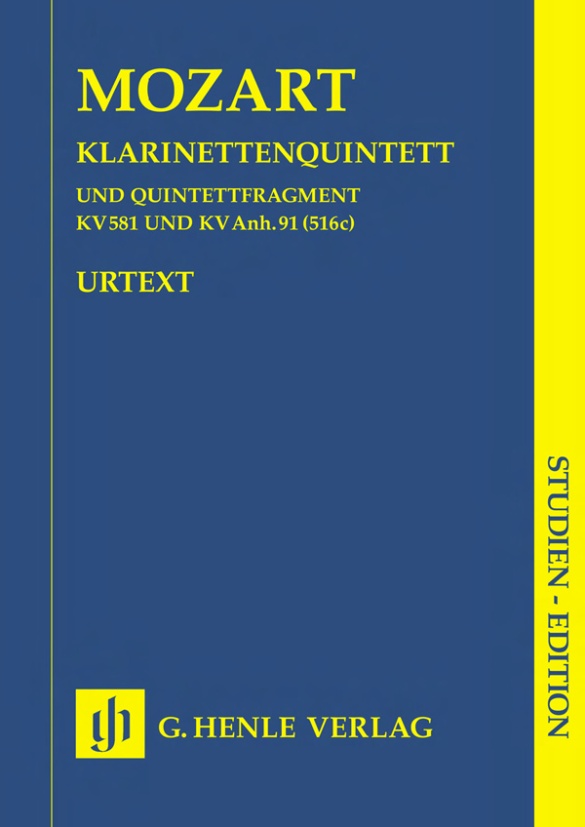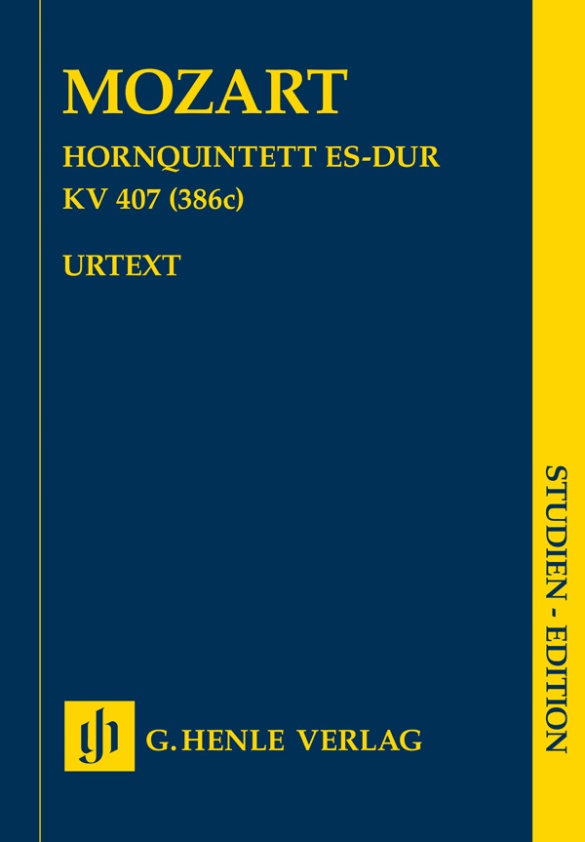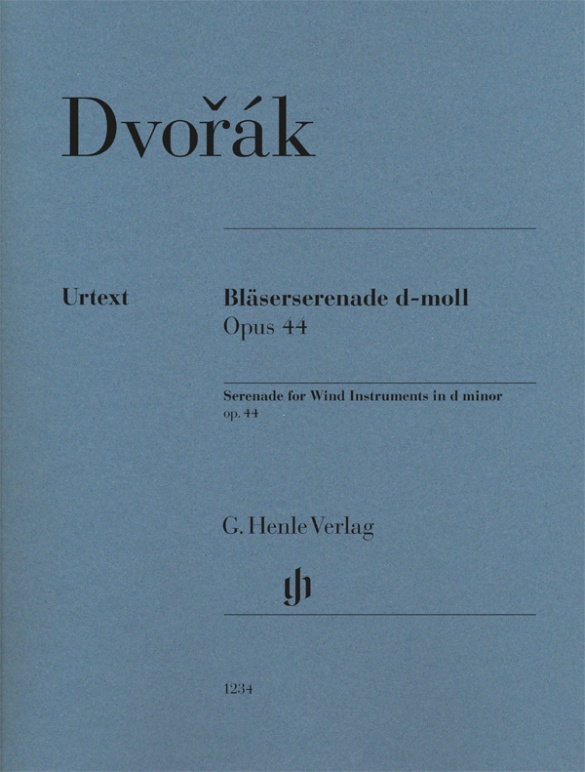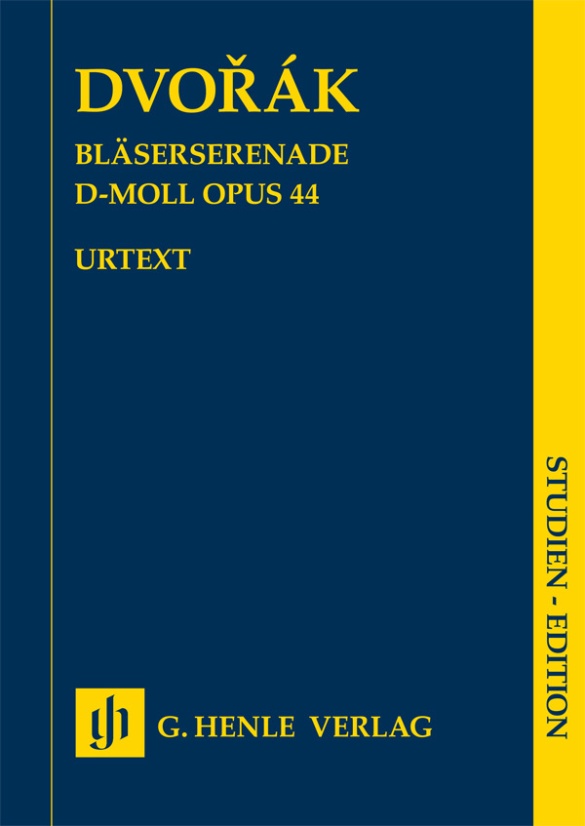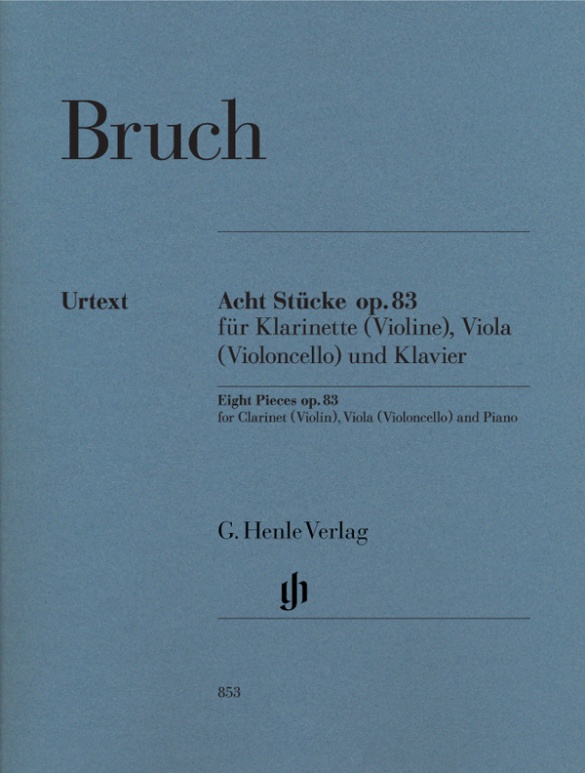

Max Bruch
Huit pièces op. 83 pour clarinette (violon), alto (violoncelle) et piano
Max Bruch a composé ces huit pièces pour son fils, Max Felix, clarinettiste de grand talent. Pour permettre une meilleure diffusion de l’œuvre, le compositeur a arrangé pour violon la partie de clarinette et pour violoncelle la partie d’alto. Nous joignons aussi ces deux parties ainsi quúne partie transposée pour clarinette en Si bémol à la présente édition et invitons les instrumentistes à se rassembler selon des formations instrumentales variables. Les huit pièces sont publiées pour la première fois en édition Urtext et présentées en outre sous un même volume!
CONTENU/DÉTAILS
CONCERNANT LE COMPOSITEUR
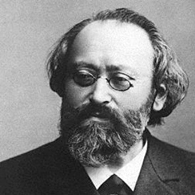
Max Bruch
Compositeur allemand de l’ère romantique. Ses œuvres esquissent au plan stylistique une esthétique opposée à celle de la Nouvelle école allemande. Ses concertos pour violons occupent une place importante. Il composa en outre de nombreuses œuvres chorales, cantates, oratorios, lieder, œuvres pour la scène ainsi que des œuvres orchestrales.
| 1838 | Né le 6 janvier à Cologne. Sa mère, cantatrice, lui donne ses premières leçons de musique. |
| à partir de 1849 | Il étudie la musique auprès de Heinrich Carl Breidenstein. Un grand nombre de compositions datent de son enfance. |
| 1852 | Boursier de la Fondation Mozart à Francfort. |
| 1853–57 | Études de composition auprès de Ferdinand Hiller à Cologne. |
| 1858 | Création à Cologne de l’opéra «Scherz, List und Rache» op. 1. |
| à partir de 1858 | Il fréquente à Leipzig le cercle de Mendelssohn. |
| 1862 | Déménagement à Mannheim. |
| 1863 | Création à Mannheim de l’opéra «Die Loreley» op. 16. |
| 1865–67 | Directeur de la musique à Coblence. Composition du 1er Concerto pour violon en Sol mineur op. 26. |
| 1867–70 | Maître de chapelle à la cour de Sondershausen. Composition de la 1re Symphonie en Mi bémol majeur op. 28 dédiée à Johannes Brahms et de la 2e Symphonie en Fa mineur op. 36 (les deux en 1870). |
| 1870–78 | Compositeur indépendant à Berlin et à Bonn. Composition de l’oratorio «Odysseus» op. 41 (1871/72). |
| 1879/80 | Composition de la Fantaisie en Mi bémol majeur pour violon et orchestre op. 46 (Fantaisie écossaise). |
| 1880–83 | Directeur de la Philharmonic Society à Liverpool. |
| à partir de 1883 | Voyage aux USA. Directeur de l’Orchesterverein de Breslau. |
| à partir de 1891 | Directeur de la classe d’excellence de composition à l’Académie des Beaux-Arts de Berlin. Docteur honoris causa de l’université de Cambridge (1893) et membre correspondant de l’Académie des Beaux-Arts (1898). |
| 1907 | Vice-président de l’Académie des Beaux-Arts de Berlin. |
| 1920 | Meurt le 2 octobre à Berlin. |
About the Authors

Annette Oppermann (Editeur)
Dr. Annette Oppermann, born in 1965, trained as a music dealer in Frankfurt am Main and studied historical and systematic musicology as well as modern German literature at Hamburg University.
From 1993 to 1996 she worked as an editor for Sony Classical International in Hamburg; from 1996 to 1999 she was a doctoral candidate in the postgraduate programme Textkritik at the Ludwig-Maximilians-Universität in Munich, in January 2000 she earned her doctorate with a dissertation on “Musikalische Klassikerausgaben” (Hans-Joachim Marx, Hamburg). From 2000 to 2008 she worked as a research associate at the Joseph Haydn-Institut in Cologne, and was editor of the Oratorio “Die Schöpfung” in the Complete Edition of Joseph Haydn’s Works. Since February 2008 she has been an editor at G. Henle Publishers in Munich, with a particular focus on vocal music, chamber music and books.

Klaus Schilde (Doigtés piano)
Prof. Klaus Schilde, born in 1926, spent his childhood in Dresden. There he was greatly influenced by Walter Engel, who taught him the piano (Kodaly method), composition and violin. From 1946–1948 he studied at the music conservatory in Leipzig with Hugo Steurer. After moving to the west in 1952 he studied with Walter Gieseking and Edwin Fischer, as well as with Marguerite Long, Lucette Descaves and Nadia Boulanger in Paris.
Schilde won numerous prizes. From 1947 onwards he gave concerts as a soloist and chamber musician on almost every single continent with renowned orchestras. He taught at the music conservatories in East Berlin Detmold, West Berlin, Munich, Tokyo (Geidai) and Weimar. From 1988–1991 he was President of the Staatliche Hochschule für Musik und Theater in Munich, where he also taught for decades as a professor. There are numerous radio and television broadcasts with Klaus Schilde as well as CD recordings. Schilde has contributed fingerings to almost 100 Henle Urtext editions.
Prof. Klaus Schilde passed away on 10 December, 2020.
Informations sur la sécurité du produit

G. Henle Verlag
Vous trouverez ici des informations sur le fabricant du produit.G. Henle Verlag e.K.
Forstenrieder Allee 122
81476 München
Allemagne
info@henle.de
www.henle.com
Der Henle Verlag hat die acht Stücke jetzt als Urtext neu veröffentlicht und damit eine wichtige „Versorgungslücke“ geschlossen. … hat die Henle-Ausgabe eine ganze Reihe von Vorteilen, die sie für die Zukunft sicherlich konkurrenzlos machen dürfte: Zum einen versammelt sie erstmals alle acht Stücke zusammenhängend in einem Band – bisher waren die Nummern nur als Einzelausgaben zu haben, was insbesondere bei einer kompletten Aufführung ziemlich unpraktisch war. Zum anderen hat sich dadurch der Preis nicht etwa erhöht, sondern glatt halbiert.… Schließlich glänzt Henle einmal mehr mit der gewohnten Sorgfalt seiner Urtext-Ausgaben: Das Druckbild ist gegenüber der Erstausgabe deutlich verbessert, zusätzlich zu den Studierziffern gibt es jetzt auch Taktzahlen und praktikablere Wendestellen. Und natürlich bewegt sich die Aufarbeitung des Notentextes auf beispielhaft hohem Niveau.
Das Orchester, 2010Hier ist eine wirklich sehr erfreuliche Neuausgabe dieses bezaubernden kammermusikalischen Bruchschen Spätwerks gelungen, sowohl inhaltlich wie auch optisch, und aufgrund besserer Blätterstellen – gegenüber der Simrock-Erstausgabe – für den Pianisten sogar praktisch. … Wieder einmal erschien bei Henle eine sehr zu empfehlende Neuausgabe eines „Klassikers“ (eigentlich eines Spät- nein: Nachromantikers), die obendrein auch preislich interessant ist.
Liebhaberorchester, 2009recommandations
autogenerated_cross_selling
Autres éditions de ce titre
Autres éditions de ce titre



